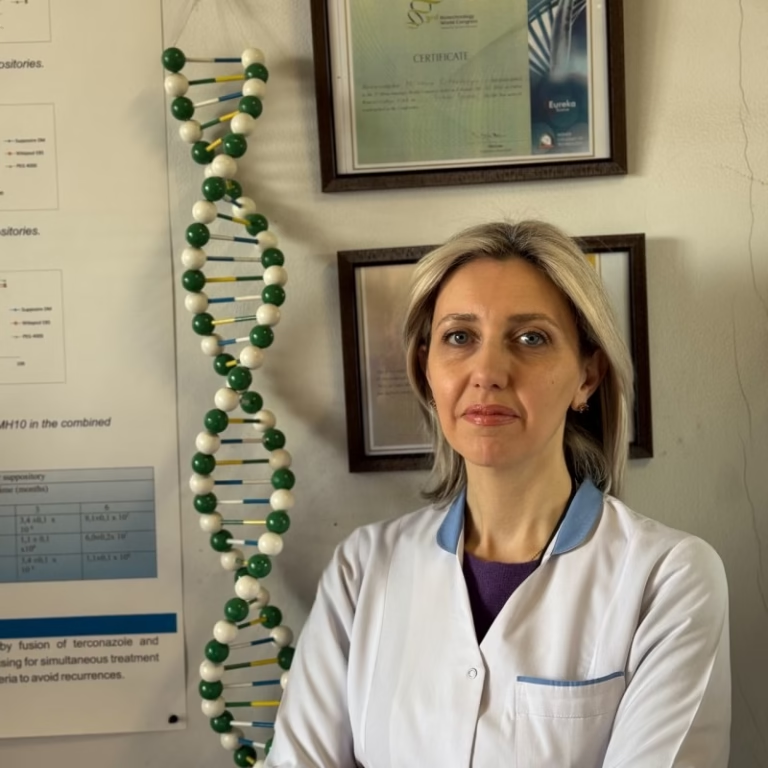OneOme, a leading name in pharmacogenomics testing and personalized medicine, has announced that it will cease operations by November 14, 2025, citing ongoing financial challenges. The Minneapolis-based company, known for its RightMed® pharmacogenomic test, has spent the past six months actively seeking a buyer but was unable to secure one. In a notice to clients, OneOme stated that it will stop processing new samples by November 7, and that any unused test kits should be discarded.
The closure marks a significant setback for the pharmacogenomics (PGx) industry, which has worked for years to make genetic testing part of routine prescribing. OneOme, co-founded with ties to the Mayo Clinic, built its reputation on making PGx results clinically useful through seamless integration with electronic health record (EHR) systems. Its solutions helped healthcare providers tailor medications and doses to a patient’s genetic makeup, aiming to reduce adverse drug reactions and improve outcomes.
For many hospitals, laboratories, and clinicians, OneOme’s services represented a bridge between complex genomic science and everyday clinical practice. The company provided genotyping, phenotype interpretation, and clinical decision support in formats that fit directly into existing EHR workflows. Its exit leaves a noticeable gap for institutions that relied on its infrastructure and data standards to guide precision prescribing.
The shutdown also highlights broader challenges facing PGx companies. Despite clear clinical value, the field continues to struggle with uneven reimbursement, high operational costs, and slow adoption among healthcare providers. Integrating genomic data into healthcare systems remains complex and resource-intensive, limiting scalability for smaller or standalone vendors. As a result, even scientifically strong companies can face financial strain if uptake or payer coverage lags behind expectations.
Industry observers view OneOme’s closure as a warning sign for other PGx startups and a reminder of the market’s fragility. While large diagnostic firms and integrated health systems are better positioned to absorb these costs, smaller innovators may find it increasingly difficult to compete without stable funding or established payer partnerships.
Still, the long-term promise of pharmacogenomics remains intact. The science is sound, the clinical benefits are proven, and the need for personalized prescribing continues to grow. But OneOme’s exit underscores a crucial truth: in precision medicine, innovation alone is not enough. Sustainable business models, payer alignment, and practical integration will determine which PGx players survive in the next phase of the industry’s evolution.
Read Building a Sustainable Business Model for Pharmacogenomics in Emerging Markets.





